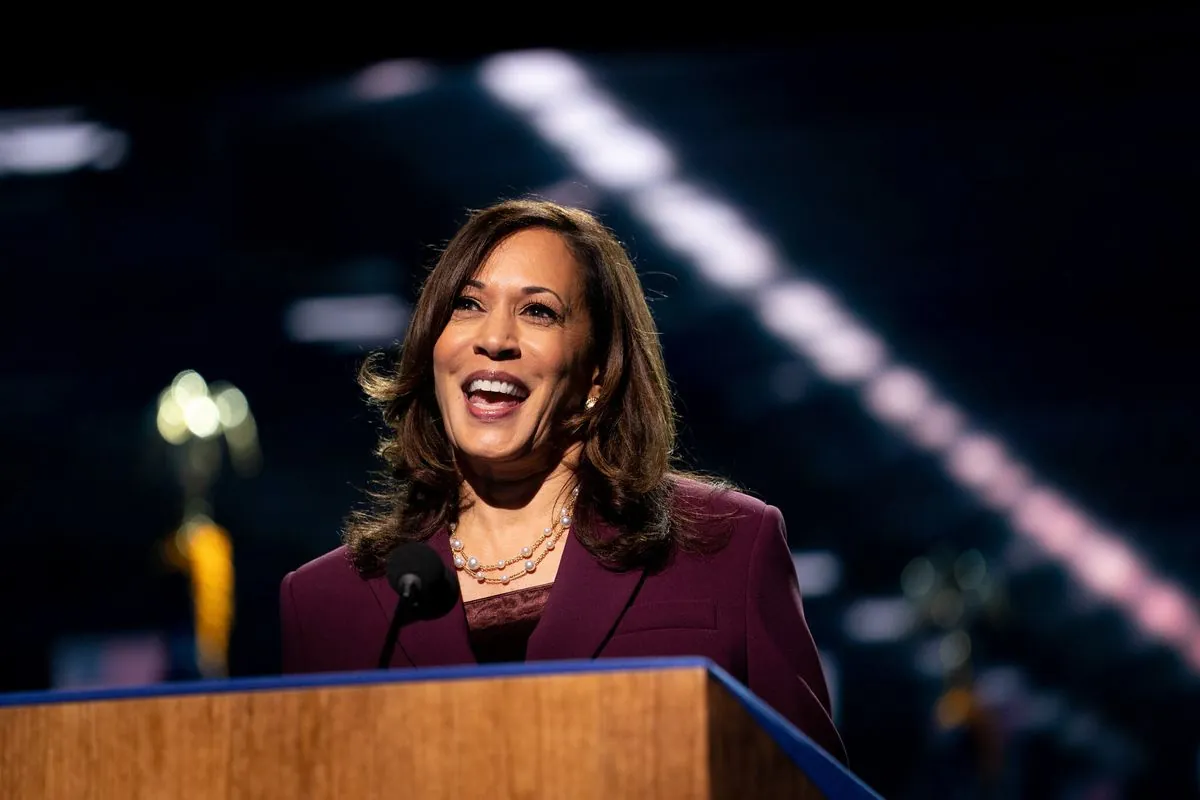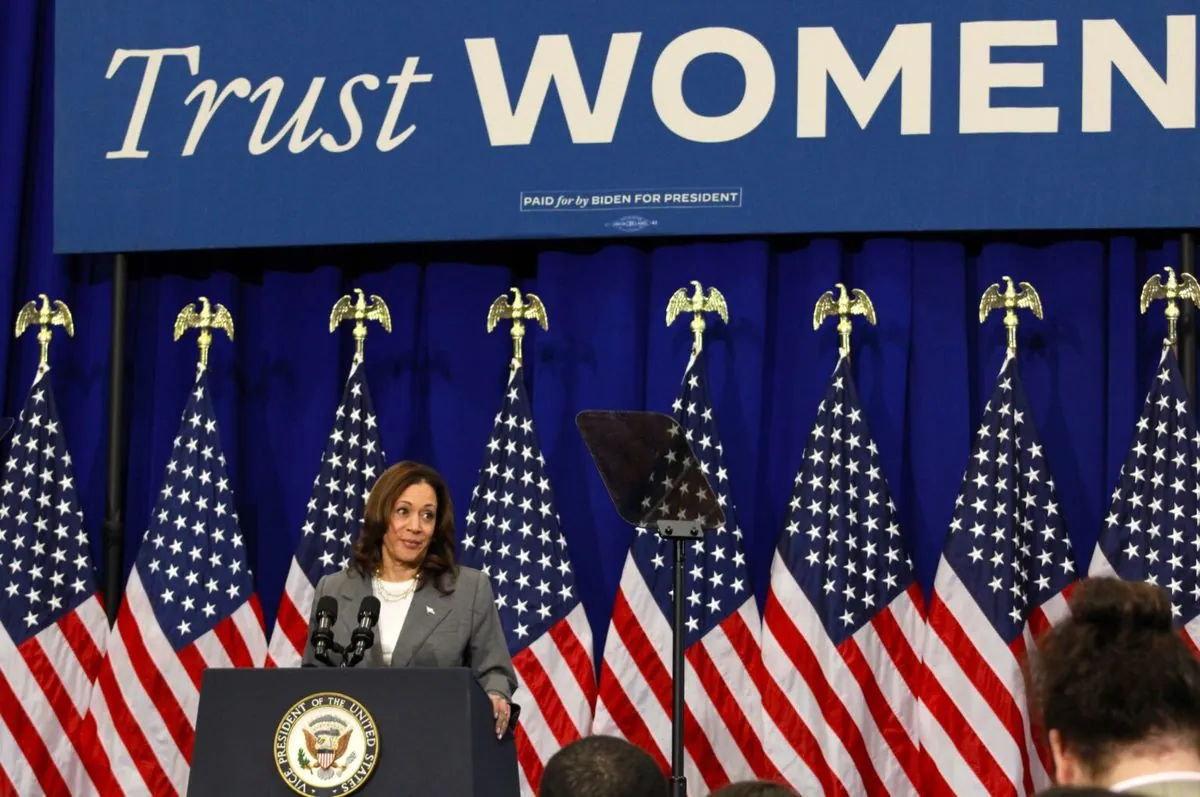Female Politicians Break Silence on Reproductive Health Struggles
More women in politics are sharing personal stories of IVF, miscarriage, and abortion. This shift, sparked by recent legal changes, aims to connect with voters on reproductive rights issues.

In recent years, a significant shift has occurred in the political landscape, with more female politicians openly discussing their personal reproductive health experiences. This trend, particularly noticeable among Democratic candidates, has been largely influenced by the Supreme Court's Dobbs decision in June 2022, which overturned federal abortion protections.
Lucia Báez-Geller, a 41-year-old candidate for a U.S. House seat near Miami, exemplifies this new approach. She has shared her experience of a nonviable pregnancy and the subsequent medical procedure she underwent. Báez-Geller's story highlights the potential impact of Florida's six-week abortion ban on women facing similar situations.
"It would have been devastating."
The trend extends beyond abortion, encompassing discussions about IVF, miscarriages, and other reproductive health issues. Rep. Susie Lee, a Democrat from Nevada, has spoken about her struggles with infertility, including multiple miscarriages and IVF treatments. Her decision to share these experiences was partly influenced by the Alabama Supreme Court's February 2024 ruling on frozen embryos in IVF treatments.

This shift in political discourse reflects a broader change in societal attitudes. Amanda Hunter, executive director of the Barbara Lee Family Foundation, notes that the #MeToo movement in 2017 paved the way for more open discussions about personal experiences. The Dobbs decision in 2022 further accelerated this trend in the realm of reproductive health.
While more pronounced among Democrats, some Republican candidates have also shared personal stories. Nikki Haley, during her presidential campaign, discussed her experience with artificial insemination, a technique that has been used in humans since the 1880s.
The impact of these personal narratives on voters is significant. Jessica Mackler, president of Emily's List, an organization founded in 1985 to support female Democratic candidates who support abortion rights, emphasizes the authenticity these stories bring to the political conversation.
As women's representation in U.S. politics continues to grow, reaching an all-time high of 28% in Congress in 2023, these personal stories are helping to reshape the political landscape. They not only humanize complex issues but also demonstrate how far women in politics have come since Jeannette Rankin became the first woman elected to Congress in 1916.
This evolution in political discourse reflects a broader societal shift towards more open discussions about reproductive health. As candidates continue to share their experiences, they are not only connecting with voters on a personal level but also contributing to a more comprehensive and nuanced public understanding of these critical issues.


































